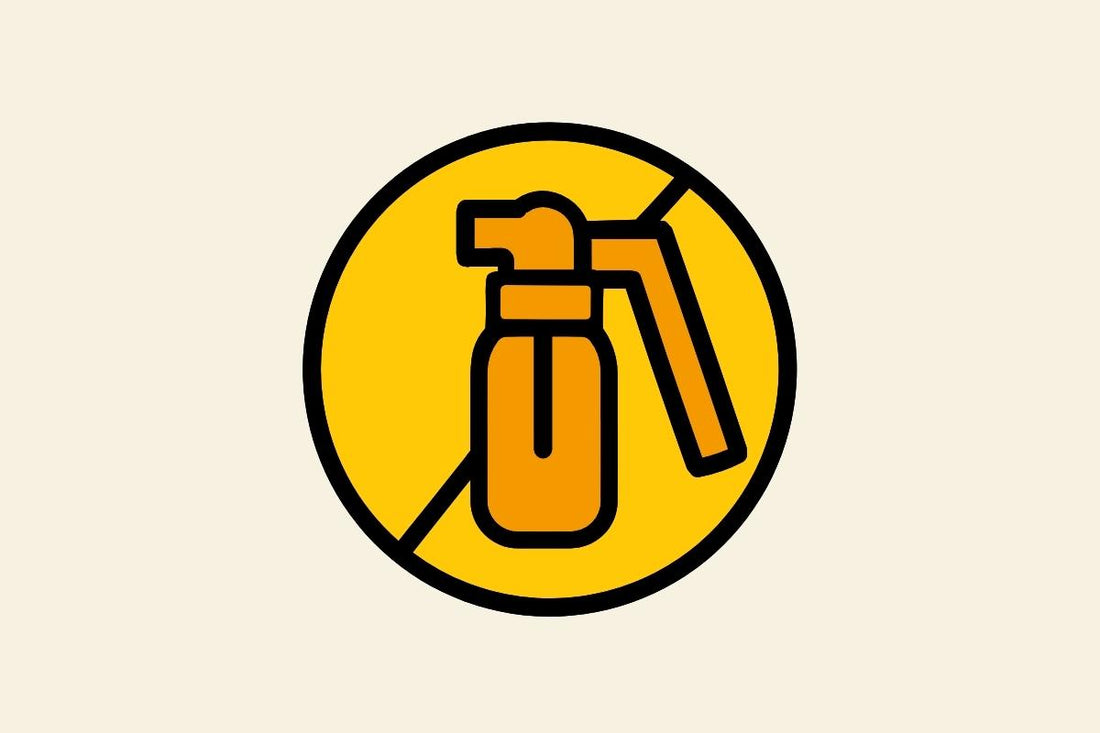Support needed following study on pesticides & pollinators


A major study on neonicotinoid pesticide use published August 20 sheds new light on concerns long held by many in the farming community and adds substantively to both sides of the conversation, both in terms of benefits of use and impact on pollinators and the environment. Most importantly, the study tells us further scientific research is needed.
The government-backed study, which took place across nine regions in England and Wales between 2000 and 2010, is the first of its kind in terms of being a large-scale field study. It definitively shows the use of one particular neonicotinoid, imidacloprid, led to a decrease in use of other chemicals, an environmental benefit. Imidacloprid also did not consistently affect crop yields. There was also a correllation between the increased use of the pesticide and negative impacts on honeybee populations. However, causation was not proven, and the study’s authors cited other potential contributing factors to pollinator loss including regional factors, adverse weather, pests and disease.
The study was also limited in that it did not look at a range of neonicotinoids, but only imidacloprid, an older pesticide that is used to treat less than one per cent of UK crops. Clearly more science is needed to inform appropriate use of all pesticides, including neonicotinoids, in a manner that serves the interests of farmers and protects pollinators and the environment.
As the managing director of Hilltop Honey, I of course have a vested interest in the well being and success of the British honey bees that enable me to bring my product to market. Similarly, we all share this interest as bees and other pollinators are critical to the food chain that supports us. Regardless of the specific causes of pollinator decline, we can all take action to support our honey bees and their very important role in our economy and the environment. We can follow five simple and easy steps to help right now, and we don’t need to wait for another 10-year scientific study. The following have been endorsed by The Department for Environment, Food and Rural Affairs:
Scott Davies founded Hilltop Honey with a single hive on his parents’ farm in 2011, and today works with a network of British and European bee keepers to produce the purest, most natural honey commercially available. Using a coarse filter process free from heat treatments, and without artificial colouring or flavouring, Hilltop Honey provides the maximum taste and health benefits only found in honest, raw British honey. To learn more about Hilltop Honey, visit www.hilltop-honey.com.
For more information about the ‘Managing Farmland for Pollinators’ factsheet produced by the Pollinators Taskforce in Wales and Menter a Busnes,